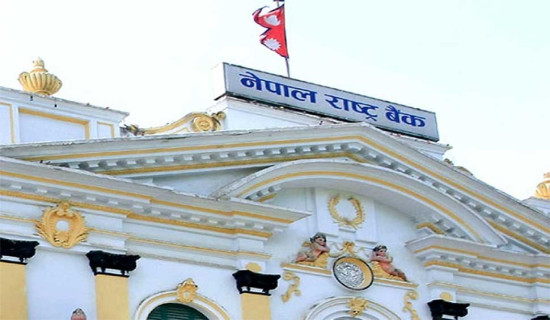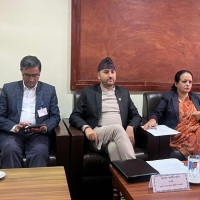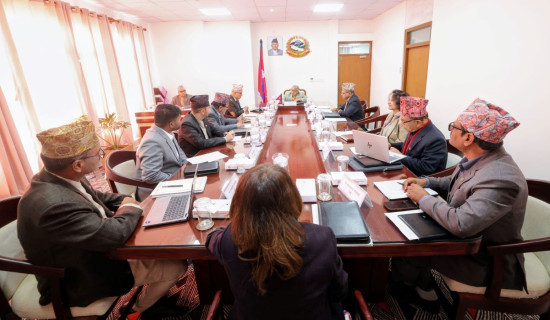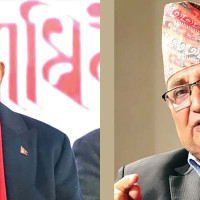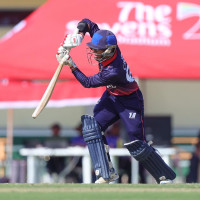- Tuesday, 16 December 2025
Check Dropout Rate
Karnali Province lags behind other provinces in education, healthcare and infrastructure due to its remoteness, rugged terrain and poor connectivity. Widespread ignorance and illiteracy have put the province on the back burner. Education is the key to all-round development but Karnali does not have promising academic institutions that impart quality education to the students who largely hail from impoverished families. One critical issue is the shortage of bona fide teachers, especially in Maths, Science and English which significantly hampers the teaching-learning activity. Besides, many schools are devoid of proper classrooms, adequate libraries and other basic facilities.
According to the National Census 2021, the literacy rate of the province is 76.6 per cent. A staggering 24 per cent of the population remains illiterate. Likewise in this year's SEE examination, only 41.34 per cent of students passed the examination. More than 59 per cent failed, which means more than half of the students who appeared in the SEE examination in the province received Non-Grading (NG) results. Out of 35,446 examinees, only 14,654 passed. These disappointing academic outcomes call for a revamp in the education sector.
Likewise, a devastating earthquake, which jolted Jajarkot and Rukum West districts on November 3 knocked down hundreds of school buildings, compelling the schools to conduct classes in temporary learning centres that lacked basic amenities. Children are not expected to excel in studies when they are attending classes in makeshift structures.
Social evils like child marriage and chhaupadi are still prevalent in the province, and the family gives preference to boys' education over girls which often leads to higher drop-out rates among girls. Only, 23.64 per cent of girls were able to score 45 marks in mathematics. A recent major survey found that 47 per cent of parents are knowledgeable about parenting, while 57 per cent of children have experienced physical or mental violence. Only 14 per cent of children reported feeling safe in their communities. According to the National Child Welfare Council, 41,000 children in Karnali are victims of child marriage, which has deprived them of various rights.
For the all-round development of the children, community and family should create an environment where they feel protected, safe and free of abuse. The budget allocated to address children’s issues increased by 7.36 per cent in 2024. Due to a lack of job opportunities, the youths in the province often migrate to India for employment, leaving behind children, women and the elderly. When citizens are struggling with hand-to-mouth problems, improving education among children can be a difficult task. Despite the endeavours to increase the school enrolment rate, the dropout rate poses a significant challenge to the education bodies.
Unless the state of children is sound in terms of education and finance, it is a herculean task to achieve inclusive prosperity. Thus three tiers of the government have to bring forward the programme and policies to check the school dropout rate. The Karnali Province government should enhance educational infrastructure, recruit and train teachers and create an environment where children can get a good education. Special emphasis should be placed on girl education to eradicate social evils like child marriage and Chhaupadi, which have stunted their mental and intellectual growth across the province.



